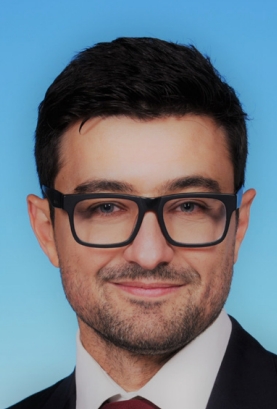EXTENDED ABSTRACT: This talk presents novel computational approaches for advancing battery technology. We introduce two frameworks: a large language model-based multi-agent system and a database-supported high-throughput screening (DSHTS) method. The multi-agent framework proposes deep eutectic electrolyte (DEE) compositions for zincion batteries. By analyzing academic papers, it identiffed innovative Lewis bases to pair with Zn(BF4)2∙xH2O, resulting in a high-performance Zn(BF4)2∙xH2O -ethylene carbonate system. The DSHTS framework identiffes stable interlayer materials for all-solid-state Li metal batteries. Using Li3InCl6 as a model solid-state electrolyte, it identiffed Li3OCl as a promising interlayer material. Both approaches were experimentally validated, demonstrating signiffcant improvements in conductivity, stability, and cycling performance compared to traditional systems. Spectroscopic analyses and simulations provided insights into the underlying mechanisms, revealing ethylene carbonate's role in mitigating corrosion and the formation of protective interfaces. These complementary computational methods establish a new paradigm for rapid, data-driven materials discovery in energy storage, paving the way for next-generation batteries with enhanced performance and stability.
Keywords: Batteries, Large Language Models, High-Throughput Screening, Density Functional Theory.

Professor Francesco Ciucci has completed his PhD from the California Institute of Technology and did his postdoctoral work at the University of Heidelberg. He is currently a Chair Professor at the University of Bayreuth, specializing in Electrode Design for Energy Storage. He has published numerous high-impact papers and is a Fellow of the Royal Society of Chemistry. Prof. Ciucci was formerly afffliated with the Hong Kong University of Science and Technology.